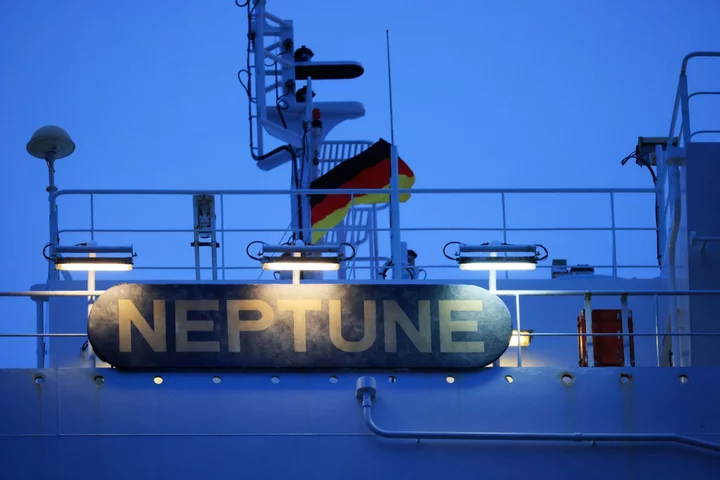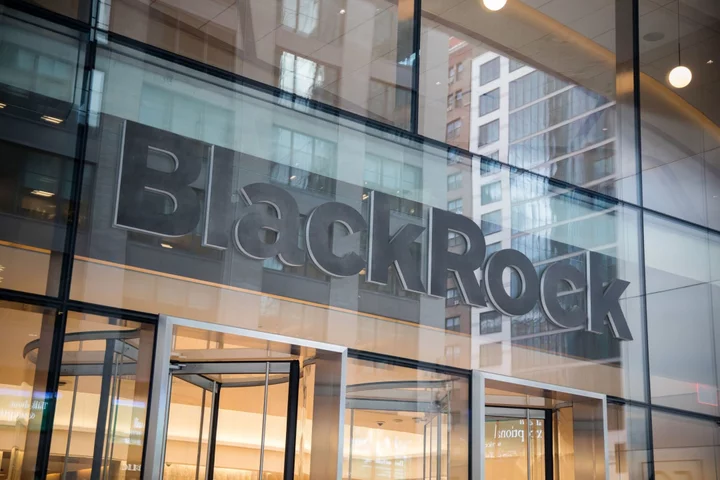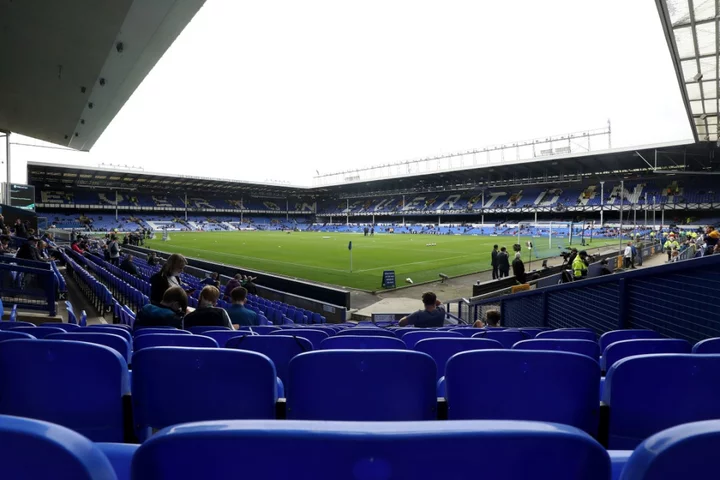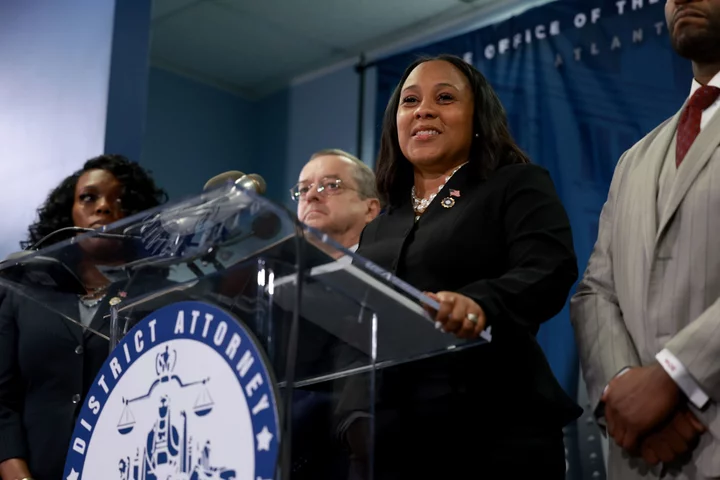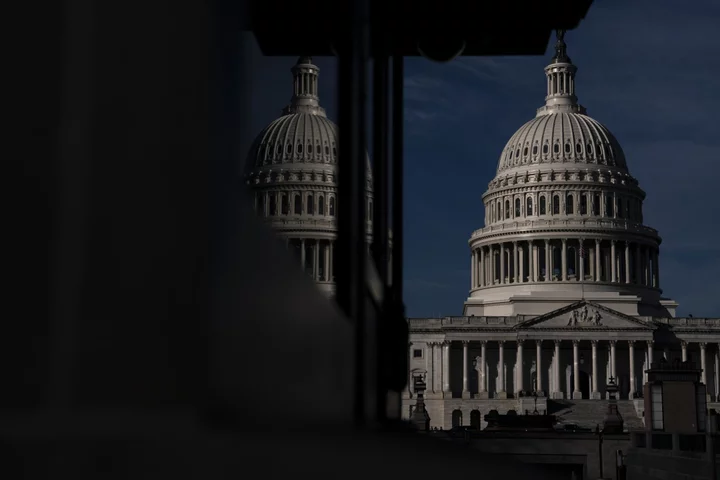Germany will continue to face a risk of severe gas shortages until early 2027 unless it adds more fuel infrastructure to smooth out potential strains from cold weather.
Additional liquefied natural gas terminals, storage capacity or pipeline connections are needed to ensure sufficient supply sooner, the country’s gas storage operators group INES said Thursday. For now, stockpiles are “developing positively” and are nearly 90% full, but a cold winter could still put Germany’s energy security at risk.
“The danger of gas shortages during cold temperatures remains and will continue to accompany us until winter of 2026/2027 unless further infrastructure measures are taken,” said INES’s head Sebastian Bleschke.
Europe’s largest economy was among the hardest hit by Russia’s curtailment of gas shipments last year, but has managed to build up alternative supplies thanks to a combination of mild winter weather and reduced consumption, as well as a rapid build-out of LNG terminals on its coasts. Some of those have faced local opposition.
If very cold temperatures were to hit Germany during the upcoming winter, storages could already be depleted by the end of next January, INES showed in its analysis.

